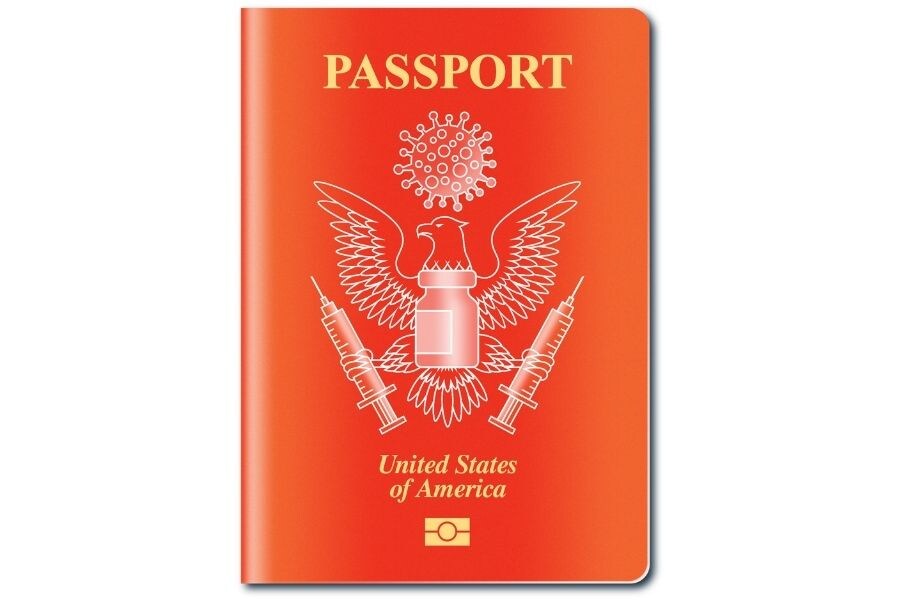
Coming soon: The 'Vaccine Passport'
The challenge however is in creating a document or app that is accepted around the world, that protects privacy and is accessible to people regardless of their wealth or access to smartphones
 In the near future, travel may require digital documentation showing that passengers have been vaccinated or tested for the coronavirus. (Lloyd Miller/The New York Times)
In the near future, travel may require digital documentation showing that passengers have been vaccinated or tested for the coronavirus. (Lloyd Miller/The New York Times)
Among governments and those in the travel industry, a new term has entered the vocabulary: vaccine passport.
One of President Joe Biden’s executive orders aimed at curbing the pandemic asks government agencies to “assess the feasibility” of linking coronavirus vaccine certificates with other vaccination documents, and producing digital versions of them.
Denmark’s government said Wednesday that in the next three to four months, it will roll out a digital passport that will allow citizens to show they have been vaccinated.
It isn’t just governments that are suggesting vaccine passports. In a few weeks, Etihad Airways and Emirates will start using a digital travel pass, developed by the International Air Transport Association, to help passengers manage their travel plans and provide airlines and governments documentation that they have been vaccinated or tested for COVID-19.
The challenge right now is creating a document or app that is accepted around the world, that protects privacy and is accessible to people regardless of their wealth or access to smartphones.
©2019 New York Times News Service




